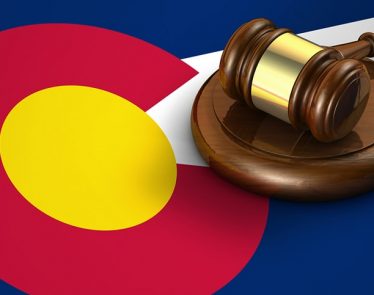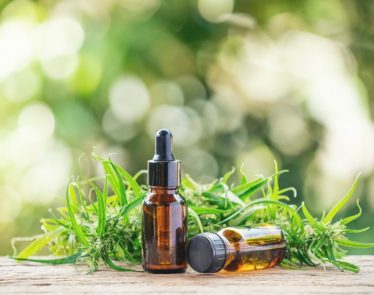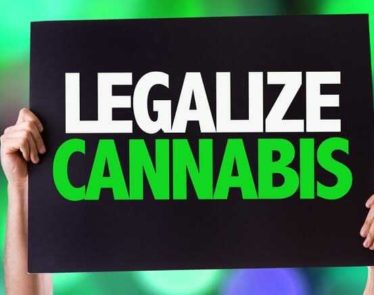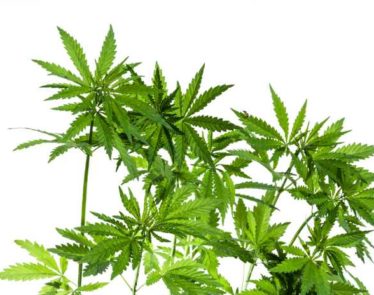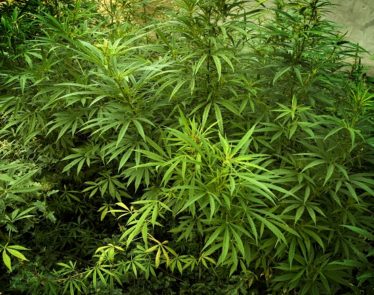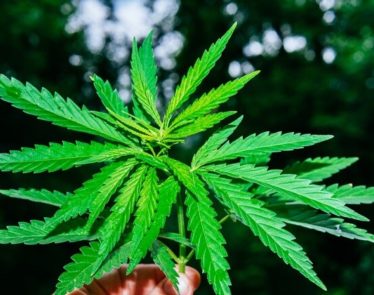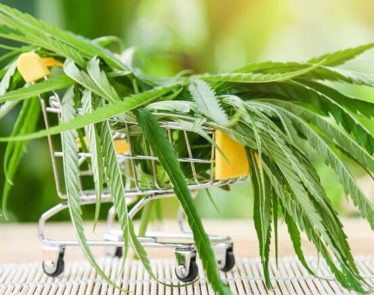According to Forbes, the US DEA (Drug Enforcement Agency) has filed a new register calling for more federal cannabis production next year.
In fact, it needs 2,450,000 grams more. This is in order "to meet the country's medical, scientific, research, industrial, and export needs for the year and for the establishment of reserve stocks."
This signals a massive jump in necessary federal marijuana, as the amount requested by the DEA in 2018 was a paltry 443,680 grams by comparison.
The DEA has been notoriously skittish about marijuana so what's going on?
Federal Cannabis Production
In the United States, marijuana under federal law is still firmly classed as a 'Schedule 1' substance. 'Schedule 1' means it is entirely illegal, considered prone to abuse and deemed as having no medical value.
In other words, marijuana is sharing the stage with cocaine and heroin — in the eyes of the law.
However, the DEA allows a certain amount of federally approved medical cannabis to be grown and used for medical and clinical research studies, but there has only been one institute allowed to grow this cannabis and it is the University of Mississippi — it has held a monopoly on federally grown cannabis since 1968.
Supply And Demand
The result has been a lack of supply meeting demand, and in 2016 the Obama administration began efforts to help researchers' get a hold of more federally approved medical cannabis. In order to do so, The National Institute on Drug Abuse was granted the ability to license additional cultivators.
On paper, this meant more federally grown marijuana but in practice, it did not.
Ignore
The reason? Well, the new applications for licenses were nothing short of — ignored. Out of roughly 25 applications for federal cannabis production last year, the DEA and Attorney Jeff Sessions approved not even one.
>>Michigan Pure Med Will Bring 400 New Jobs To Marshall With New Facility
U-Turn
Today's announcement, as you can imagine, is quite the turn around for the DEA and Attorney General Sessions. Now, it will have to grant licenses to cultivators in order to receive the amount it is calling for.
It's suggested that Sessions has had pressure come down on him from lawmakers in Washington to boost federally approved output, though he has yet to comment to deny or affirm this.
If the DEA is recognizing a need for medically grown cannabis, is it safe to say that the US slowly loosening its grip on the 'schedule 1' drug?
Featured Image: Deposit Photos/ivelin





